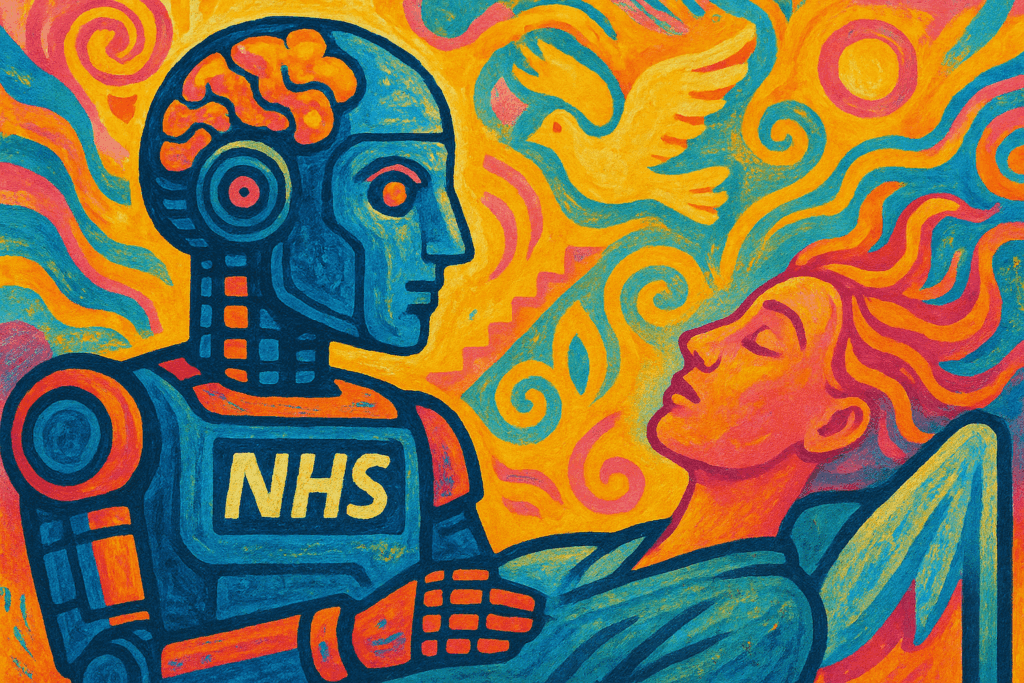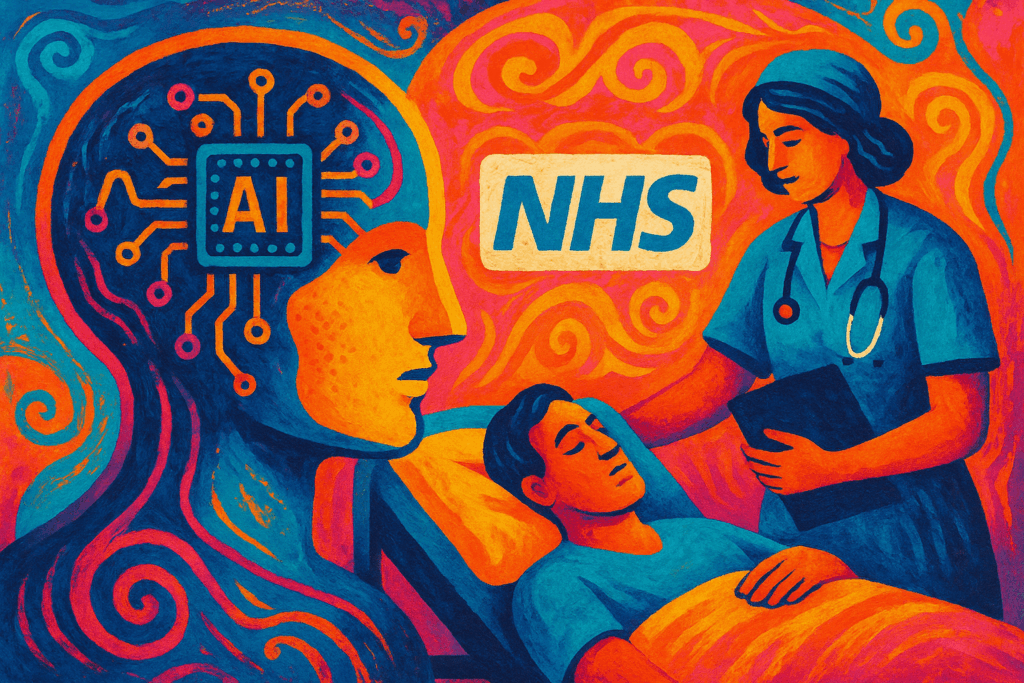Understanding Agentic AI in Healthcare
Agentic AI refers to autonomous artificial intelligence systems designed to achieve specific goals with limited human intervention. In healthcare, these systems integrate advanced technologies such as large language models (LLMs), machine learning (ML), robotic process automation (RPA), natural language processing (NLP), and generative AI to function independently within complex workflows.
AI-Driven Work Design: Boosting Capacity
The adoption of agentic AI represents a shift from technology-led implementation toward a work-focused approach. By analyzing and deconstructing intricate tasks, agentic AI enables healthcare staff to concentrate on high-value activities requiring human insight and decision-making. This redistribution of workload creates additional capacity and helps mitigate challenges posed by workforce shortages, allowing organizations to optimize operational efficiency without compromising care quality.
Key Applications in Healthcare
Streamlining Operations & Patient Intake
Agentic AI systems automate administrative workflows such as scheduling, patient registration, and data entry. This results in smoother patient flow, reduced wait times, and improved allocation of resources across facilities.
Precision in Diagnosis & Treatment
By processing vast amounts of clinical data, agentic AI assists in generating accurate diagnoses and tailored treatment plans. This capability supports healthcare providers in delivering more informed and personalized care, especially in areas like oncology where treatment complexity is high.
Enhancing Clinical Procedures
Robotic-assisted surgeries, exemplified by systems like the da Vinci platform, incorporate agentic AI to improve procedural precision and outcomes. Additionally, agentic AI aids in clinical training by simulating scenarios that enhance decision-making and technical proficiency.
The Future of Work with Agentic AI
Looking forward, agentic AI promises a more efficient, impactful, and sustainable healthcare environment. Healthcare leaders who adopt this approach will be better positioned to address operational challenges and workforce limitations, while delivering patient care that leverages both human expertise and intelligent automation.




